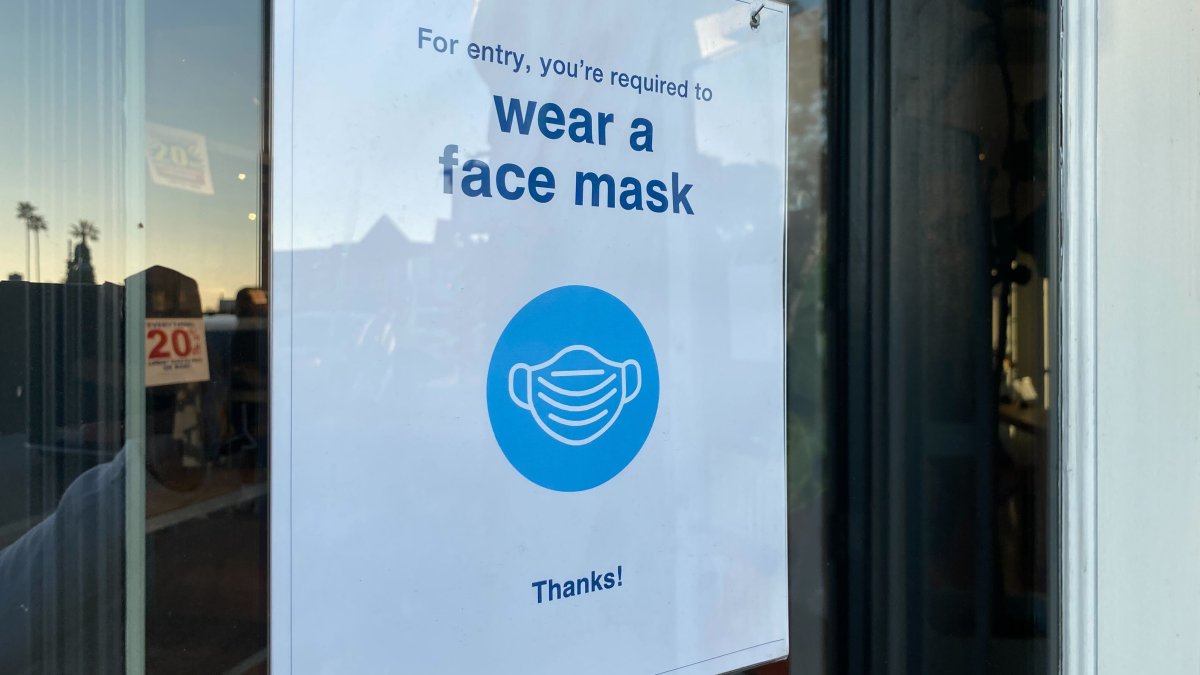As the Boston tech scene closes the book on 2024, let’s take a moment to mourn the local startups, apps, and products that we lost last year.
The year started with rounds of layoffs at local tech employers including Wayfair, iRobot, and Toast. But the biggest blow hit when Uber decided it didn’t need to maintain Drizly, the Boston-based alcohol delivery startup it acquired in 2021 for $1.1 billion.
At the beginning of the pandemic, the boom in online orders put Drizly on course perhaps to join Wayfair and DraftKings as Boston’s next Internet consumer brand success story. But Uber had other plans and shifted customers to its Uber Eats app.
Drizly wasn’t the only tech company that bit the dust. Ginkgo Bioworks spinoff Motif FoodWorks, developing plant-based meat substitutes, closed in September. Quantum software firm Zapata AI shut down in October, only six months after merging with a blank check company to go public. And government data startup Civin, founded by Boston’s former chief data officer, Andrew Therriault, four years ago, shut down in December.
Thrasio, which raised billions of dollars to buy hundreds of small Amazon sellers, filed for bankruptcy in February but stayed out of the 2024 dustbin by completing a restructuring and emerging with new leadership and less debt in June.
There were some startup highlights last year, including Liquid AI debuting its groundbreaking software in October, the creation of an “AI hub” backed by $100 million of state money in December, and the continued growth of local battery developers Ascend Elements and Form Energy. And local venture capital investors said they are looking forward to a better year in 2025.
Bostonians also lost a few apps last year. Foursquare pivoted away from running city-oriented apps cataloging local restaurants, leading to the demise of its Boston specific app. And grocery delivery service Getir, which opened some of its mini-warehouse locations around Boston over the past few years, pulled out of the market in April.
A more serious loss hit low income families in Massachusetts and around the country in June. The Federal Communications Commission’s Affordable Connectivity Program ended after Republicans in Congress refused to support new funding. That left about 368,000 in Massachusetts without the free Internet service subsidy.
At DraftKings, a venture into cryptocurrency related collectibles ran out of steam. Back in 2021, at the height of the crypto bubble, the online betting company opened a store called Reignmakers to sell digital game pieces related to fantasy sports bets. But the effort to sell the pieces, known as non-fungible tokens, or NFTs, was hit with a class action lawsuit alleging the store violated securities laws and DraftKings shuttered it in July.
But hope springs eternal for new lines of business at DraftKings’ Back Bay headquarters. In November, chief executive Jason Robins said the company was looking at adding betting on election results.
Hopefully, the effort will avoid 2025′s tech dust bin.
Aaron Pressman can be reached at aaron.pressman@globe.com. Follow him @ampressman.









:no_upscale()/cdn.vox-cdn.com/uploads/chorus_asset/file/25822000/2192327591.jpg)
:no_upscale()/cdn.vox-cdn.com/uploads/chorus_asset/file/25822031/2192331164.jpg)
:no_upscale()/cdn.vox-cdn.com/uploads/chorus_asset/file/25822079/2192333360.jpg)






















